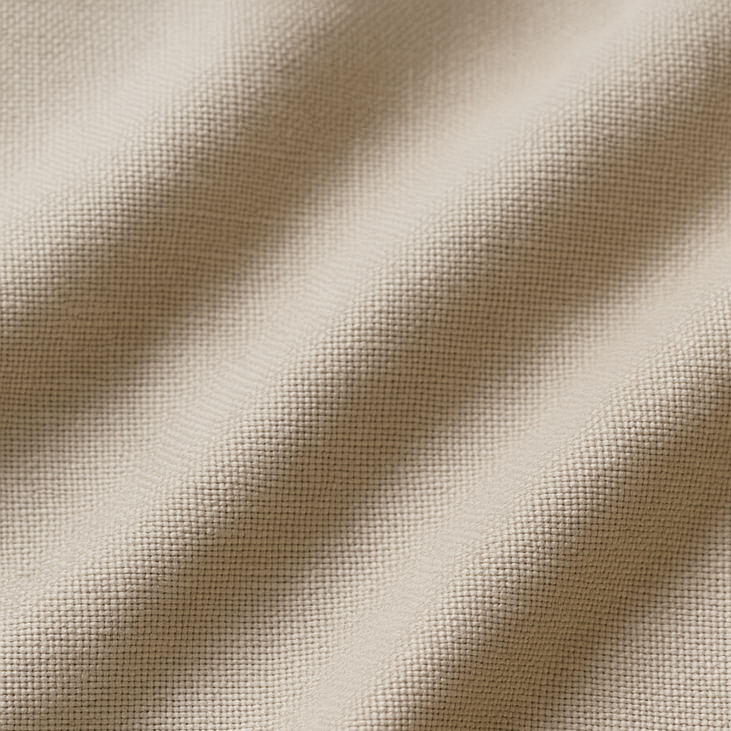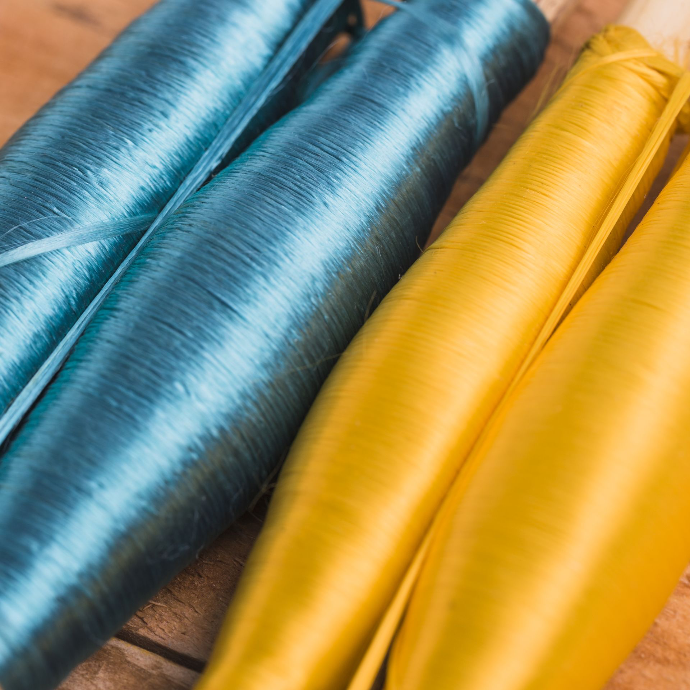The fashion world is at a crossroads. On one side, fast fashion tempts us with cheap, trendy clothing that changes every few weeks. On the other side, sustainable fashion promises ethical production, quality fabrics, and a smaller environmental footprint.
But what’s the real difference between the two? And why does it matter?
Let’s dive into the truth about fast fashion vs sustainable fashion — and why your fabric choices play a big role.
⚡ What is Fast Fashion?
Fast fashion refers to the rapid production of inexpensive clothing to keep up with the latest trends.
Brands launch new collections every few weeks, encouraging consumers to buy more and throw away quickly.

✔ Key Features
- Low-cost fabrics (mostly polyester, blends)
- Quick trend cycles
- Mass production in low-wage countries
- High environmental impact

✅ Benefits
- Uses non-biodegradable fabrics (polyester takes 200 years to decompose)
- Consumes huge amounts of water for dyeing
- Generates textile waste in landfills
🌱 What is Sustainable Fashion?
Sustainable fashion focuses on:
- Eco-friendly fabrics (organic cotton, hemp, Tencel, recycled polyester)
- Ethical production (fair wages, safe working conditions)
- Longevity (quality over quantity)

✔ Key Features
- Uses biodegradable or recycled fibres
- Fewer chemicals in dyeing and finishing
- Transparent supply chains
- Encourages buy less, use longer

✅ Benefits
- Reduces water usage by up to 90%
- Lowers carbon emissions
- Supports local artisans & ethical jobs
Quick Comparison
Feature
Price
Fabric
Durability
Impact
Trend Cycle
Fast Fashion
Cheap
Synthetic blends
Short-lived
High pollution
Every few weeks
Sustainable Fashion
Moderate to High
Organic or recycled
Long-lasting
Low environmental impact
Timeless designs
🧵 Why Fabric Matters in This Debate
The type of fabric you choose has the biggest impact

Recycled Polyester
Keeps plastic bottles
out of landfills

Tencel/Lyocell
Made from wood pulp, eco-friendly process

Linen & Hemp
Low water, chemical-free

Organic Cotton
Biodegradable, sustainable farming

Polyester
Plastic-based,
non-biodegradable

